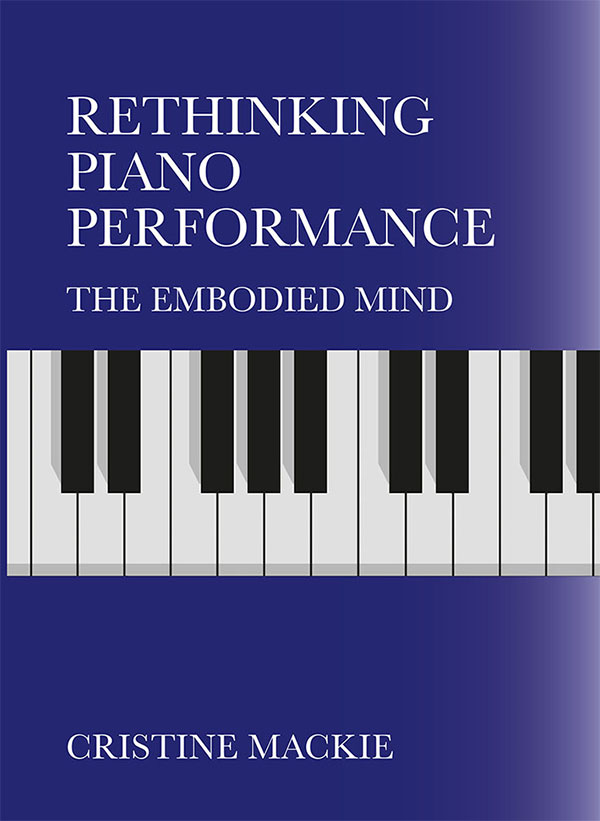Publications: Rethinking Piano Performance… New Thoughts on Piano Performance… One-to-One Piano Teaching

[/one_third_last]

To obtain a copy of New Thoughts click here, or send an email to c.mackie@londoninternationalpianosymposium.co.uk.You can now also use Paypal for your order.
A Special Issue of the Finnish Journal of Music Education (2023)

‘An inquiry into the psychological wellbeing of piano teachers engaged in one-to-one tuition in higher music education: How trauma transfers in teaching’
Cristine MacKie Independent Researcher (United Kingdom)
Elizabeth Francis Edwards Royal Holloway, University of London (United Kingdom)
Prof. Helen Pote Royal Holloway, University of London (United Kingdom)
Abstract
One-to-one tuition given by piano teachers to undergraduate and postgraduate students in institutes of higher music-education is a central and valued part of the curriculum. However, these relationships are often intense and demand a host of complex psychological processes involving both parties, such as emotional awareness, self-regulation, and a knowledge of psychological variables. Thus, the aim of this study was to inquire—from the teachers’ perspective, the factors which affect their psychological wellbeing during one-to-one tuition.
The research draws upon the perceptions and experiences of nine out of the twenty senior piano teachers―from different musical institutions in ten countries, across four continents―who attended the focus group. A semi-structured focus-group discussion was facilitated following the viewing of John Schlesinger’s film Madame Sousatzka (1988). This is an extreme example of the master-apprentice model, portraying the intensity of the teacher-student relationship during one-to-one tuition. A thematic analysis was conducted from transcripts based aroundthe question: ‘Which psychological factors contribute to a healthy teacher-student relationship in one-to-one piano tuition?’ from which analysis four key themes emerged:
i) Power dynamics and resilience;
ii) Relationship boundaries;
iii) Isolation and support; a
iv) Responsive teaching.
Each of these themes were discussed in relation to determining the support needed for the psychological health and wellbeing of teachers in institutes of higher music-education, with the primary focus being on the teacher’s wellbeing. The findings revealed an important link between the past experience and current wellbeing of teachers. This suggested that within the one-to-one teacher-student relationship, teachers were unable to disentangle their own traumatic experiences from their psychological wellbeing, and that they tended to teach as they were taught.
Enquiries to: c.mackie@londoninternationalpianosymposium.co.uk
